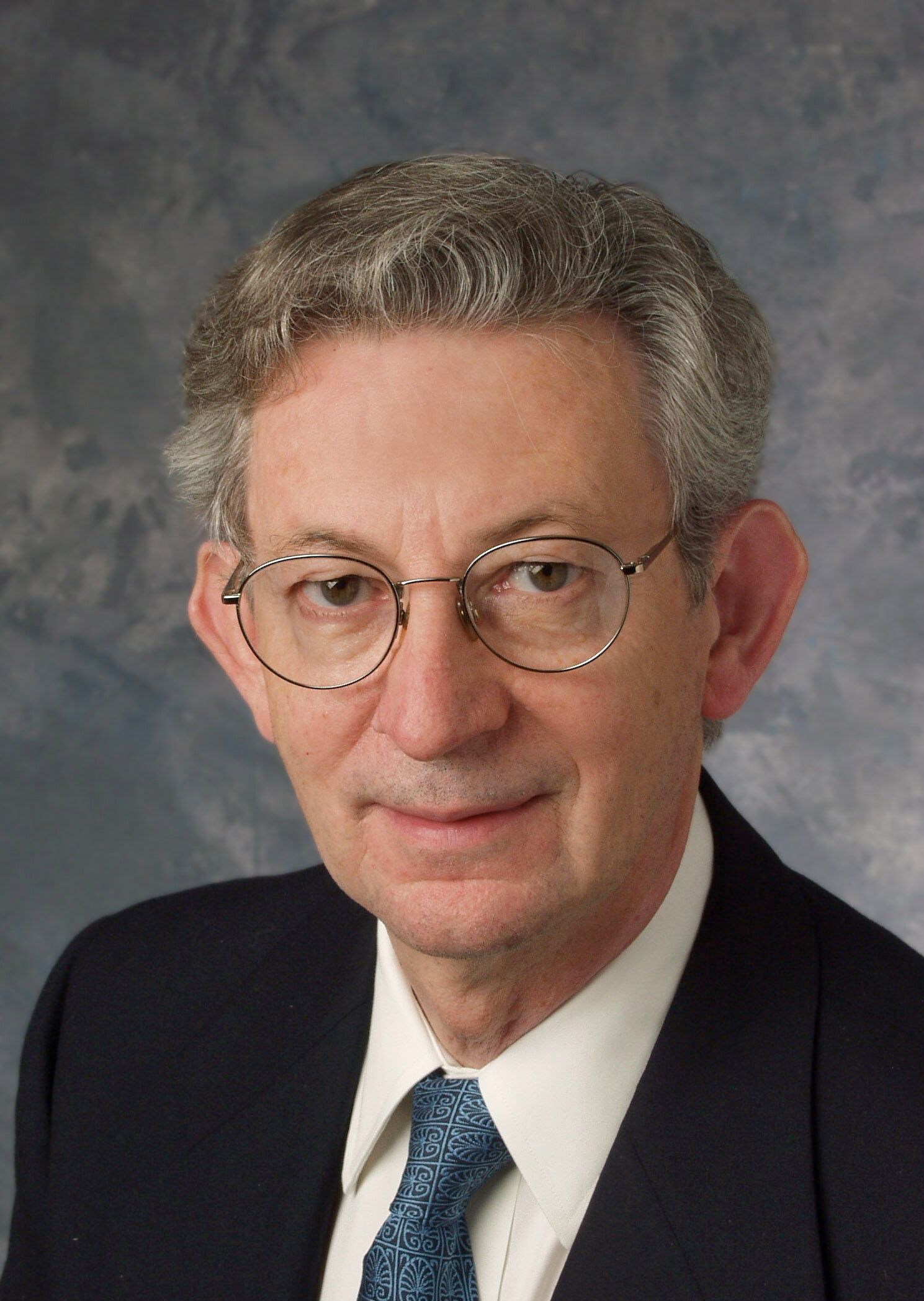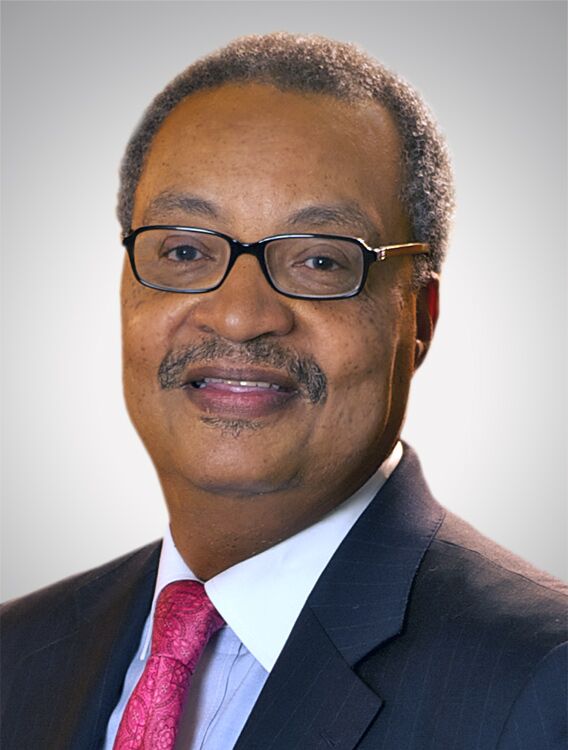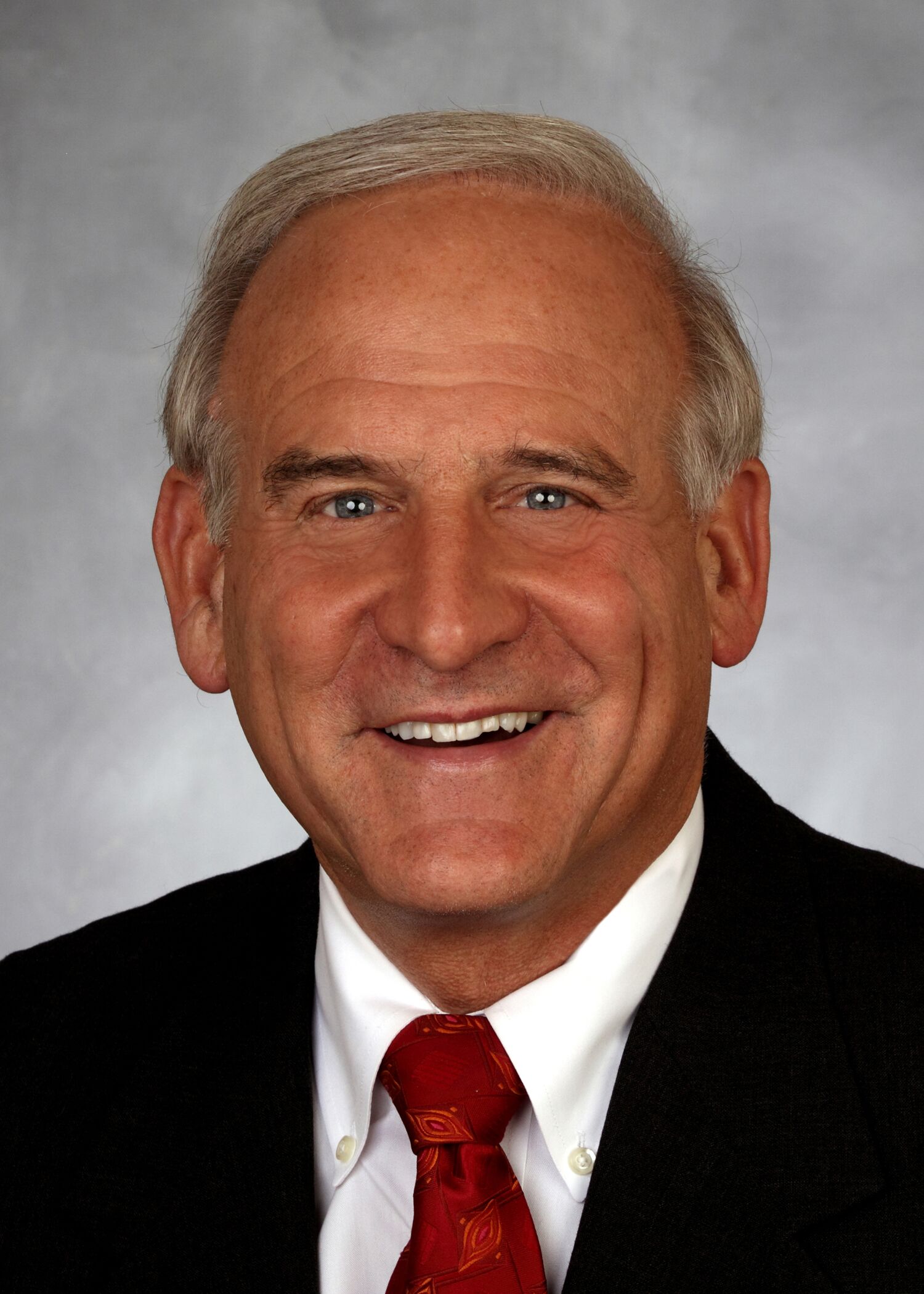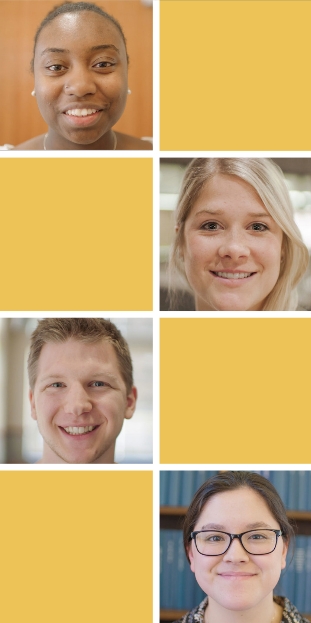When we founded FFWS, our hope was to increase the number of students who complete a bachelor’s degree and without overwhelming debt. With reduced debt students might be able to work fewer hours per week, would have more time to study and would be able to participate in campus clubs and activities.
We are touched by our scholars’ stories. Although college may be more challenging for many of the FFWS students, determination and help from other students and support staff allows them to succeed.
FFWS lets students know that someone cares about them and that there is an opportunity and support for them as they pursue a college degree. Our wish for the students is that a college education will enhance their lives and give them greater life long options and
opportunities.

FROM OUR BOARD MEMBERS
Becky Splitt
I believe that helping students help each other is an incredibly undervalued tool.
Grades, test scores, and parent education levels have long been used to predict whether a student will do well in college, but they are far from accurate. They can’t measure the soft qualitative things, like a whether a student fits in. That’s why we are mining data about our scholars over the past 10 years to learn how mentoring and other activities that build a sense of belonging can boost the odds for success and graduation. We look forward to valuable insights coming soon from our first round of research.
David Ward

Adding a small amount of philanthropy to a social policy can have a huge impact.
Most financial aid is given out through government Pell grants or by states, and it often isn’t adequate. Loans are a great burden to struggling families. To make higher education as accessible as possible, financial aid needs a boost. Our program is fairly unique in having private philanthropy supplement aid at this scale. Most private giving is attached to one university, our breakthrough is to support options across the state. We’re taking a specific number of randomly chosen low-income students who wish to go to a Wisconsin institution and giving them a chance.
John Daniels

The willingness to experiment with things, to allow people to blossom, is the key ingredient.
The speed of change in education requires a forward-looking approach to the use of technology. It’s important to figure out the soft signals of the future and ask tough questions, seeking not just the latest shiny thing but technology that helps people learn. Innovation is a function of curiosity, and the more we can expose students to new environments, the more likely that innovation emerges. Hopefully in the process, they become empathetic and willing to invest some of the benefits of their education into transforming the lives of others.
Ted Kellner

Endowments for education are a powerful way to make people’s lives better. Through the Fund for Wisconsin Scholars endowment, we’ve seen thousands of students over the past ten years. The scholarship gives them access to education in the best sense, because it allows them to focus on their studies and not worry about earning enough money for food and tuition. The letters and comments we get back from the students prove to me that this endowment is terrific. We’re refilling each and every year with new students and helping to make their education attainable.
Mary Gulbrandsen
Dear friends,
As we mark the first ten years of the Fund for Wisconsin Scholars, supported by the generosity of John and Tashia Morgridge, we celebrate a decade of learning – both for the students and for ourselves.
After spending much of my career in the K-12 system in Wisconsin, focused on students graduating from high school in four years, I thought this work would be similar. I thought most students complete college in four years or at least within six and was surprised to learn how difficult this can be for many students. For many reasons, life gets in the way.
We realized that money is not the only thing needed to help students graduate from college. We have questioned what determines whether a student persists and actually succeeds in completing a degree. There are social, emotional, academic and financial issues as well as pragmatic issues such as what to study. Listening to the stories of the students, we realize how complicated many of their lives are in relation to attending post-secondary school.
We continue to look at how we can provide students with more support systems to encourage them to stay in school and succeed. Our communications with the students have increased, and we recently introduced a mentorship program where older FFWS recipients help the newcomers maneuver their new life in college.
An outstanding team of researchers from the UW Madison is studying the FFWS program and its relationship to retention and graduation rates as well as employment impacts. The results from the evaluation of the program will help us to improve the FFWS program and , where necessary, make changes. We have had 10 cohorts of grant recipients. Four cohorts have had six years of time to complete a degree. We will look at pathways followed by these students and analyze them by discipline, high school, college, and region to identify successful approaches and then share the data with high school counselors and families, as well as policy makers.
Financial aid officers and other campus officials helped shape the FFWS program and its implementation; they are tremendous partners to the FFWS efforts. They continue to provide insights and guidance to the program.
Going forward, we are closely watching post-secondary trends. Will students reside at school or will more live at home? Will they be doing more of a blended learning approach to their education? How will technology influence post-secondary learning? Should we think about adult learners at some point? We must be responsive to student needs if we want to meet our mission to increase the number of Baccalaureate prepared adults in the state of Wisconsin.
Wisconsin is a unique and wonderfully diverse State. As we continue, we will keep learning how best to assure that FFWS students succeed at school and graduate with a college degree.
Mary Gulbrandsen
Executive Director and Board Member
